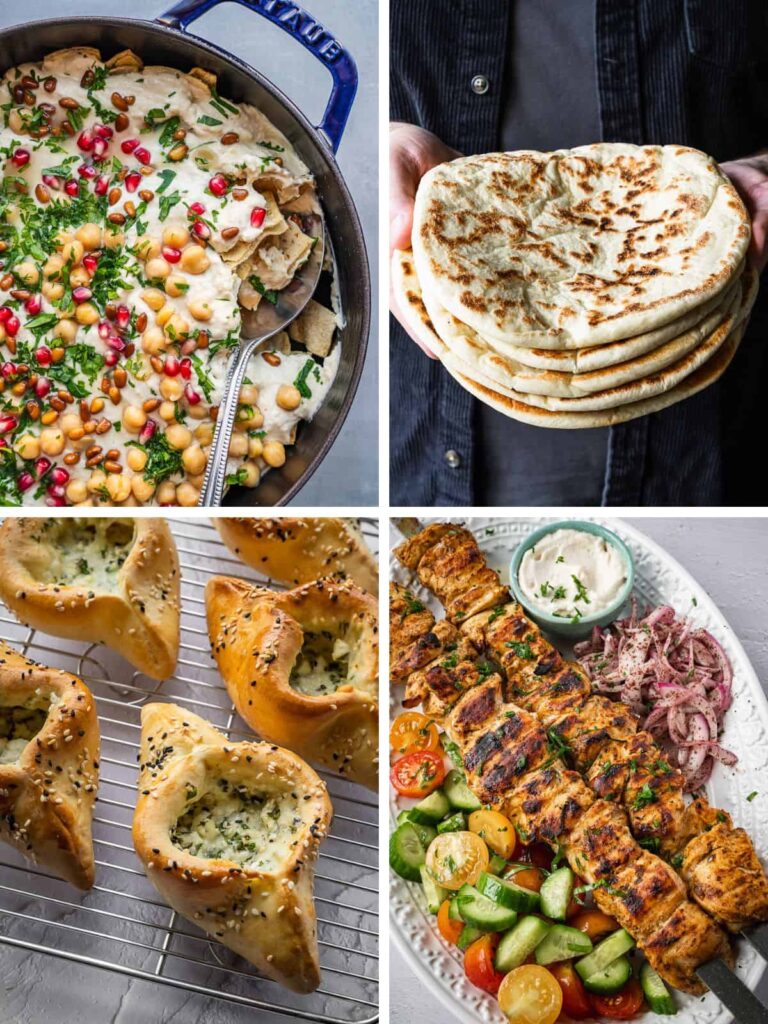
Ramadan is a holy month observed by Muslims around the world, marked by fasting from dawn until sunset.
For runners, this time can be both rewarding and challenging.
Balancing fasting with maintaining physical fitness requires careful planning and adjustment.
This article provides a comprehensive overview of how runners can effectively manage their training during Ramadan, ensuring they stay healthy and continue to improve their performance.
What is Ramadan?
Ramadan is the ninth month in the Islamic lunar calendar and commemorates the month in which the Qur’an was revealed to the Prophet Muhammad.
During this holy month, Muslims engage in fasting (Sawm) from pre-dawn (Suhoor) until sunset (Iftar).
The fast is not only a physical challenge but also a period of spiritual reflection, prayer, and community.

Physiology of Fasting
During this holy month, the body undergoes significant physiological changes due to fasting. These changes can affect a runner’s performance:
- Energy Depletion: Fasting for an extended period limits calorie intake, which can lead to decreased energy levels, particularly for endurance athletes like runners. Glycogen stores may become depleted, leading to fatigue during workouts.
- Hydration: One of the most significant challenges during fasting is maintaining hydration. Water intake is restricted to non-fasting hours, which may increase the risk of dehydration, especially in warmer climates.
- Metabolic Adaptations: Fasting primes the body to tap into fat stores for energy. While this can be beneficial for weight loss and fat adaptation, transitioning to fat as a primary fuel source may take time and can impact performance.
- Sleep and Recovery: The altered eating schedule can affect sleep patterns. Reduced sleep quality can lead to increased fatigue and longer recovery times.
Preparing for Ramadan: Pre-Fasting Strategies
To set up for a successful fasting period during Ramadan, runners can take some proactive steps in their training and nutrition:
- Gradual Adaptation: In the weeks leading up to Ramadan, gradually adjust training intensities and meal timings. This adaptation period can help prepare the body for the upcoming fasting month.
- Nutrition Optimization: Focus on nutrient-dense foods leading up to Ramadan. This includes meals rich in complex carbohydrates, proteins, and healthy fats to build energy reserves. Meals should also prioritize vitamins and minerals to support overall health.
- Hydration: Ensure optimal hydration levels before the start of Ramadan. Drink plenty of water in the days prior to help level out hydration concerns while fasting begins.
Managing Nutrition During Ramadan
Successful nutrition management is crucial for runners during Ramadan:
- Suhoor (Pre-Dawn Meal): This meal should be substantial yet balanced. Include:
- Complex carbohydrates (oats, whole grain bread) for sustained energy.
- Proteins (eggs, Greek yogurt) to aid muscle recovery.
- Healthy fats (avocado, nuts) to help feel full longer.
- Hydrating foods (fruits like watermelon, cucumber) to bolster fluid intake.
- Iftar (Breaking the Fast): Begin with hydrating foods and a light meal to help your body adjust. After the initial break, consume a balanced meal that includes:
- Lean proteins (chicken, fish) to support muscle repair.
- Carbohydrates (rice, pasta) to replenish glycogen stores.
- Vegetables and salads for vitamins and hydration.
- Avoid overly sugary or fried foods, which can lead to digestive discomfort.
- Snacking Between Meals: Utilize the time between Iftar and Suhoor to consume nutrient-dense snacks that provide sustained energy. Consider:
- Hummus with whole grain crackers, fruit smoothies, or protein shakes.

Training Strategies for Runners During this Holy Month
Maintaining a running routine during Ramadan requires strategic planning:
- Timing Workouts:
- Post-Iftar Runs: Consider scheduling runs after Iftar when the body has been refueled and rehydrated. This is often the ideal time to run, allowing sufficient time for digestion.
- Pre-Suhoor Runs: For those who prefer early morning runs, doing so right before the pre-dawn meal may work well, provided hydration occurs the night before.
- Evening Workouts: Evening workouts can also work if you allow time for digestion and hydration.
- Soups and Stretching: Focus on flexibility and mobility workouts during the day. Gentle stretching, yoga, or mobility exercises can help maintain fitness levels without the stress of high-intensity runs.
- Adjusting Intensity and Volume: Adapt workout intensity to align with energy levels. Consider a mix of shorter, less intense runs or cross-training activities, such as cycling or swimming, that place less stress on the body.
- Key Workouts: Maintain some quality workouts, but listen to your body. Consider doing tempo runs or interval training at a reduced intensity, ensuring recovery between efforts.
- Rest and Recovery: Prioritize rest, especially if sleep quality is impacted. Use this time for active recovery, ensuring that body and mind are adequately rested before the next run.

Psychological Benefits of Running During Ramadan
Beyond the physical aspects, running during Ramadan can have psychological and emotional benefits:
- Stress Relief: Engaging in regular exercise can combat stress and anxiety, which can be heightened during fasting.
- Community Engagement: Consider joining local runners or groups for Iftar runs or community events. This fosters connection and can motivate you to stick to your running goals.
- Spiritual Connection: Align your running goals with spiritual intentions. Use your workouts as a time for reflection, mindfulness, and appreciation for the blessings of Ramadan.
Conclusion
Navigating the challenges of fasting while maintaining a running regimen during Ramadan requires careful planning and adaptability.
By focusing on optimal nutrition, hydration strategies, adjusting training times, and listening to one’s body, runners can successfully balance their fitness goals with the spiritual significance of Ramadan.
This holy month is an opportunity to not only enhance physical performance but also to strengthen connections within the community and deepen one’s spiritual journey.
With thoughtful preparation and a positive mindset, runners can enjoy a fulfilling and productive Ramadan.

Leave a Reply